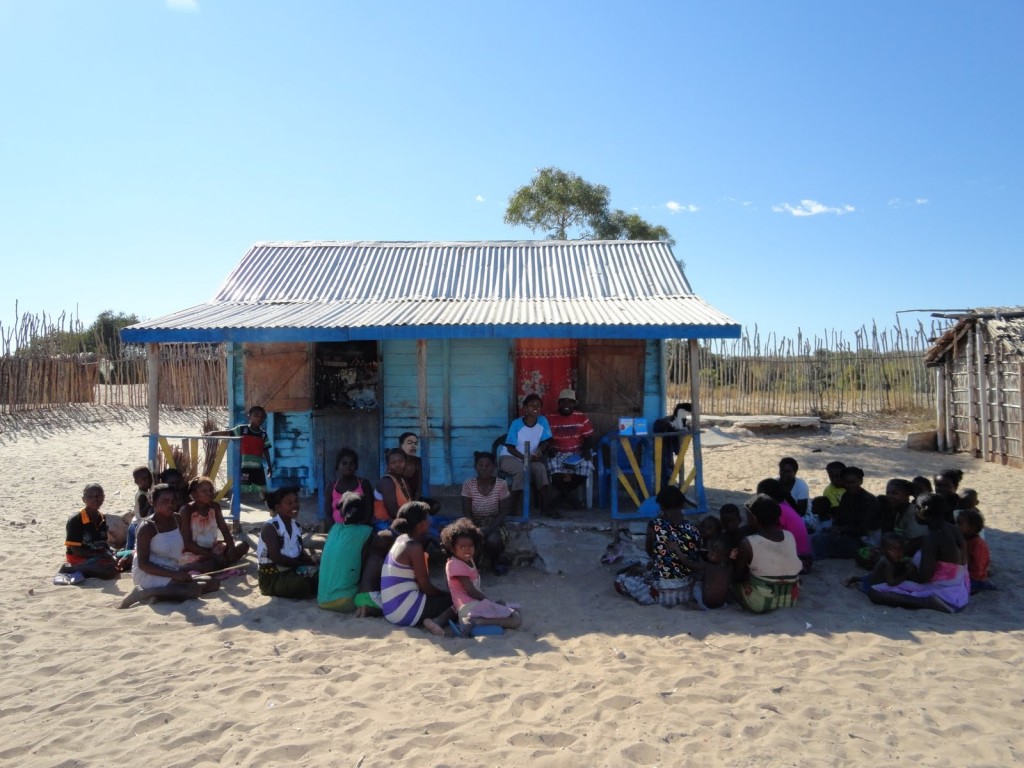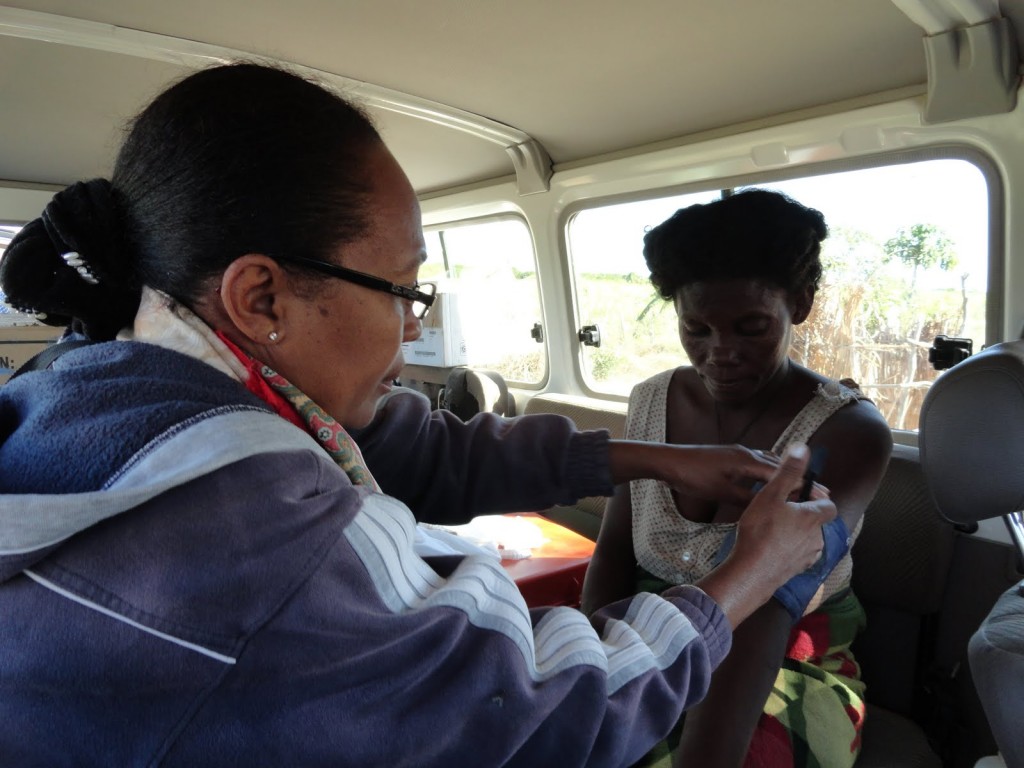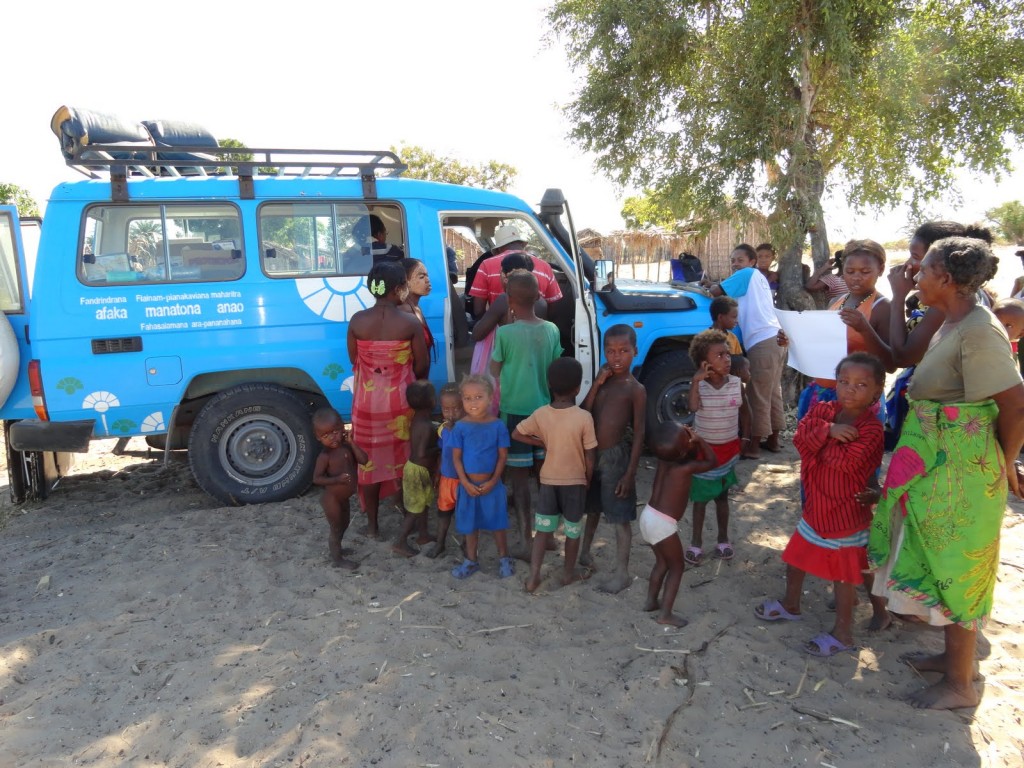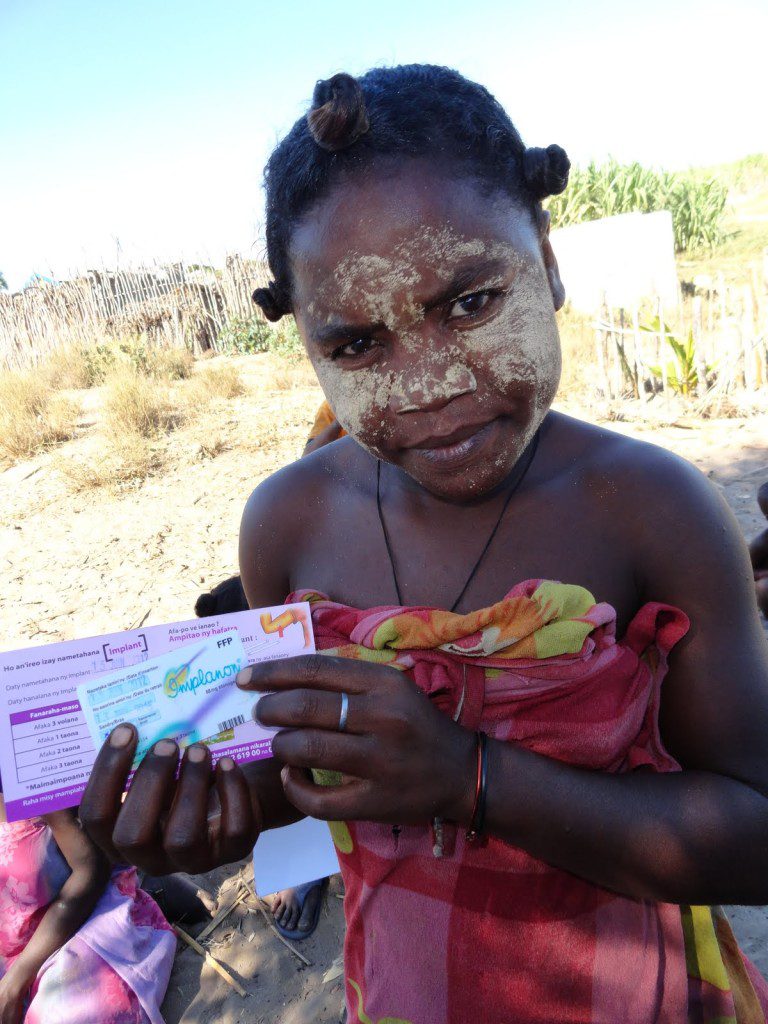by Dr Vik Mohan, Director of Sexual and Reproductive Health Programme, UK
Late last year, I flew out to a cold and snowy Copenhagen to attend a meeting of the Population and Sustainable Development Alliance (PSDA).
The PSDA (formerly the Population and Climate Change Alliance), of which Blue Ventures is a member, is a network of civil society organisations that work together to enhance political and financial support for sexual and reproductive services (SRHS), and for its integration into sustainable development programmes. Membership includes the Population and Sustainability Network, Marie Stopes International, the International Planned Parenthood Federation, Population Action International, the Danish Family Planning Association (our hosts for the meeting) and other similar organisations.
Members of the Alliance, like us, recognise the complex interrelationships between human populations (and population dynamics), the environment, their vulnerability to climate change and their capacity for sustainable development. By population dynamics, we are referring to population size and growth, demographics, migration and urbanisation.

This clinic in Madagascar is just one example of what we were discussing at the meeting – the interconnected issue of population dynamics and the environment
The meeting was split into 2 parts. The first day was spent learning about the likely international development landscape in the post Millennium Development Goals (MDGs) world (including presentations from UNFPA, International Planned Parenthood Federation, the Danish UN mission and the Women’s Major Group), sharing lessons from Rio, and importantly for us, showcasing our integrated PHE approach (Population, Health and Environment) as a possible integrated solution to these combined challenges.
I was given the opportunity to present our work, and describe how and why we decided to integrate reproductive health services (and family planning in particular) into our programme of conservation and development activities. I was presenting our work alongside Negash Teklu from the PHE consortium in Ethiopia and Joan Castro from the PATH foundation in the Philippines, two of the world’s most high profile PHE programmes. As usual everyone present was impressed by the integrated approach, and the impact our respective programmes are having.

Our PHE work includes mobile clinics – vitally important for the local community who queue for hours to see our health staff.
It became clear that in the rush to ensure an international development framework is in place post MDGs, a huge amount of work is being undertaken at the UN, and at regional and country levels, and not all of this work is neatly fitting together. For example, two current frameworks are currently being worked on, the Sustainable Development Goals (SDGs) and the Post 2015 process. Neither of these include the COP (climate change) process. This incredibly complex set of processes, and ongoing uncertainty as to the final trajectory for our sustainable development plans, makes international advocacy efforts very challenging. Experience from the MDGs, however, has shown that whatever framework is decided upon is likely to determine what sort of programmes will receive financial support, making the decision critically important for PHE organisations like ourselves.
We discussed how we could best ensure that reproductive health and rights (SRHR) were adequately addressed through any possible future framework, and how, using the population dynamics lens, SRHR could legitimately be brought into the process at various points. We also discussed how, as an Alliance, it would be most useful to advocate.

The long queue for the mobile clinic – one way BV is addressing sustainability while also tackling the underlying pressures on the environment
On day 2 members of the PSDA met again, to agree upon an advocacy goal and objectives, and to develop a work plan. Although the Alliance was initially formed to address the issue of SRHR within the context of climate change, we do not see ourselves as tied to the climate change agenda, and have changed our name to reflect a broader interest in sustainable development. Of course adapting to climate change remains a crucial part of this.
What did I learn? Well, it was very useful to deepen my understanding of the complexity inherent in agreeing upon an international development process post MDGs. It was also helpful to develop my understanding and skills in effective advocacy, and to see proof that when done well, it can effect real change. I was also reminded of the fact that the Alliance is made up of skilled, highly accomplished and well connected people, who represent organisations I feel happy for us to partner with.

A local woman with her impanon (contraceptive implant) details – taking her reproductive rights into her hands
I was also reminded of the fact that population issues will probably always attract controversy. This is partly because of a lack of understanding of the fact that talking about family planning and population dynamics does not have to mean human rights cannot be respected and protected. Also, sadly it is also partly because there remain in existence organisations that do not take a human rights based approach to the population agenda. For this reason, it is absolutely vital that as an organisation, we all sign up to, and continue to talk about, addressing SRH within a framework that respects and protects human rights. Happily, this is a fundamental prerequisite of being a member of the Alliance.
For Blue Ventures, it feels valuable to be part of a network that espouses our own holistic views about sustainable development and biodiversity conservation, and in particular supports the PHE approach. It was valuable to have a good amount of time with some of our PHE colleagues from around the world, and share experiences and lessons with them. It was also great, as always, to be given a platform to talk about our work. From the point of view of SRH, it was very useful to put our own SRH work into a global context and understand this context a little better. Perhaps most importantly of all, it felt very valuable to join forces with other organisations, and discuss how we are going to articulate a united, more powerful message about ensuring universal access to reproductive health within the context of sustainable development.
I am very grateful to Danish Family Planning Association for hosting this meeting.

